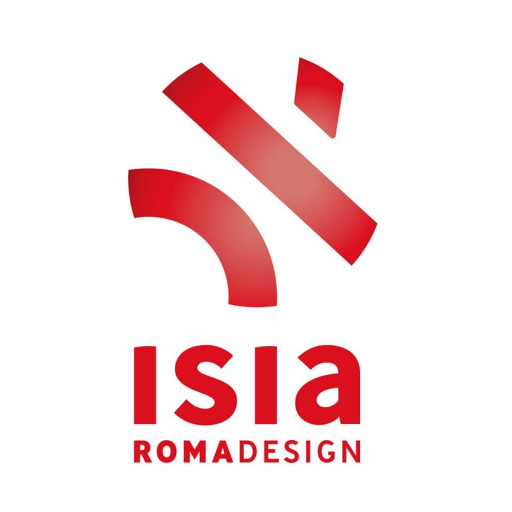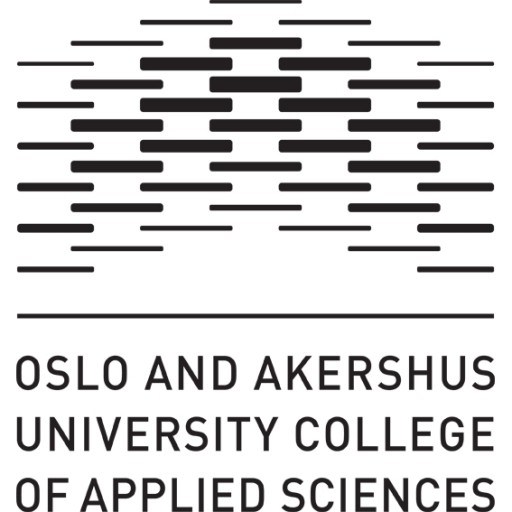The Education: Design of Learning Environments master's program at Rutgers University-Camden is an innovative and comprehensive graduate degree designed to prepare educators, educational administrators, and researchers to create effective, engaging, and inclusive learning environments across diverse educational settings. This program emphasizes the development of theoretical knowledge and practical skills necessary for designing, implementing, and evaluating learning experiences that promote student success and foster lifelong learning skills. Students will explore various pedagogical theories, instructional design strategies, educational technologies, and assessment techniques to enhance learning outcomes. The curriculum incorporates coursework in curriculum development, instructional methods, educational psychology, and technology integration, ensuring graduates are well-equipped to meet the evolving demands of modern education. Moreover, the program encourages learners to consider cultural, social, and economic factors impacting education and to develop innovative solutions tailored to specific learning contexts. Through a combination of coursework, research projects, and fieldwork, students will gain hands-on experience in designing learning environments aligned with best practices and current educational standards. The faculty, composed of experienced educators and researchers, provides mentorship and guidance to foster professional growth and scholarly inquiry. Graduates of the program will be prepared for careers in K-12 education, higher education, educational consulting, and policy development, among other fields. The program also offers opportunities for networking with professionals and participating in conferences, workshops, and collaborative research initiatives. Overall, the Education: Design of Learning Environments master's program aims to cultivate reflective, innovative, and effective education practitioners who are committed to making a meaningful impact on learners and educational systems worldwide.
The Master of Education in the Design of Learning Environments at Rutgers University-Camden is a progressive and innovative program aimed at equipping educators, administrators, and educational designers with the skills and knowledge necessary to create effective, engaging, and inclusive learning settings. This program emphasizes the importance of understanding diverse learner needs, integrating technological advancements, and applying instructional design principles to foster meaningful educational experiences. Throughout the curriculum, students explore theories of learning and development, evidence-based instructional strategies, and the latest trends in digital and physical learning environments. The program encourages a collaborative approach, where theory is linked with practical application through projects, internships, and research opportunities. Students gain hands-on experience in developing curriculum materials, designing classroom layouts, and implementing technological tools to enhance the learning process. The coursework covers topics such as curriculum development, assessment strategies, educational psychology, and the integration of multimedia resources into instruction. The program also emphasizes leadership skills, preparing graduates to lead change initiatives within schools, educational organizations, or corporate training settings. By participating in this program, students will be empowered to design innovative learning environments that cater to diverse student populations while also meeting the demands of contemporary educational standards. With faculty experts in education, media design, and instructional technology, students receive personalized mentorship and access to a vibrant academic community committed to educational excellence. Graduates of the program will be well-prepared for careers as instructional coordinators, educational consultants, curriculum specialists, and educational technology specialists, among others. The program's flexible structure includes evening and online courses to accommodate working professionals. Overall, the Education: Design of Learning Environments program at Rutgers-Camden provides a comprehensive foundation for those passionate about transforming education through thoughtful design and innovative practice, shaping the future of teaching and learning in diverse contexts.
Program requirements for the Education: Design of Learning Environments at Rutgers University-Camden include completing a minimum of 36 credit hours of graduate coursework, which encompasses core courses, specialization courses, and a capstone project. Applicants are typically expected to hold a bachelor's degree from an accredited institution, with a competitive GPA and relevant academic background in education, design, or a related field. Admission may require submission of official transcripts, letters of recommendation, a statement of purpose, and a resume or curriculum vitae. The curriculum emphasizes the development of skills in instructional design, curriculum development, educational technology, and learning environment planning, ensuring graduates are equipped to design innovative and effective learning spaces. Students are often encouraged to participate in practical projects, internships, or collaborative research to apply theoretical knowledge in real-world settings. The program may also include coursework in research methods and assessment to prepare students for scholarly work or leadership roles in educational institutions. As part of the program, students might need to complete a comprehensive examination or a thesis project, demonstrating their mastery of the subject matter. Continual assessment through assignments, presentations, and collaborative projects supports the learning process. Flexibility in course scheduling, including online and evening courses, is often available to accommodate working professionals. Overall, the program aims to prepare educators, designers, and administrators to effectively create and manage learning environments that enhance student engagement and achievement.
Financing for the Education: Design of Learning Environments program at Rutgers University-Camden primarily includes a combination of federal, state, institutional, and private sources of aid. Students are encouraged to explore various options such as federal student loans, including Subsidized and Unsubsidized Stafford Loans, which offer relatively low interest rates and flexible repayment plans. Additionally, the Federal Pell Grant provides need-based federal aid to eligible students to support their educational expenses. Rutgers University-Camden also participates in work-study programs, allowing students to earn funds through part-time employment either on or off-campus, thereby reducing the financial burden of their studies.
Scholarship opportunities are available through the university’s limited but valued competitive scholarship programs, often awarded on the basis of academic merit, need, or specialized criteria related to the field of study. The university advises prospective and enrolled students to complete the Free Application for Federal Student Aid (FAFSA) annually in order to determine their eligibility for federal aid programs and institutional scholarships. Many students also seek private loans and external scholarships, which can complement federal aid and help cover tuition, books, and other educational expenses.
Rutgers University-Camden offers financial advising services to guide students through the complex landscape of financial aid options, including assistance with completing applications, understanding loan commitments, and planning budgets. The university recognizes the importance of financial planning and offers resources such as budgeting workshops and financial literacy programs. For eligible students, Tuition Payment Plans are also available, allowing for manageable installment payments instead of a lump-sum payment each semester.
Cost of attendance varies depending on residency status, enrollment status (full-time or part-time), and other factors, but the university strives to provide transparent information about tuition and fees to help students plan their finances effectively. Students are also encouraged to seek external funding sources such as state-specific grants, private foundations, or industry-sponsored scholarships relevant to their field of study.
International students enrolled in the program may have different financial aid options, primarily relying on private funding, scholarships, and external grants, as Rutgers University-Camden offers limited institutional aid for non-citizens. Many students fund their education through a combination of personal savings, family support, and external scholarships tailored to international applicants.
In summary, financing the Education: Design of Learning Environments program at Rutgers University-Camden involves a multifaceted approach with opportunities from federal and state aid programs, university scholarships, work-study employment, and private external funding. Prospective students are encouraged to actively explore all available resources, complete necessary applications promptly, and consult with university financial aid advisors to develop a sustainable plan that addresses their educational expenses over the course of their studies.
The Education: Design of Learning Environments program at Rutgers University-Camden is a comprehensive graduate-level offering aimed at preparing educators and educational designers to create innovative and effective learning spaces. This program emphasizes the integration of educational theory, technology, and design principles to enhance teaching and learning experiences across various educational settings. Students in this program gain a deep understanding of how physical and virtual environments impact learner engagement, motivation, and achievement. The curriculum typically covers topics such as instructional design, educational technology integration, space planning, and environmental psychology. In addition, students may explore contemporary challenges in education, including accessibility, diversity, and inclusivity in learning environments.
Rutgers University-Camden values a practical approach to education, offering hands-on projects, collaborative coursework, and opportunities for real-world application through internships or partnerships with local schools and organizations. The faculty are often experts in educational theory, instructional design, and technology integration, providing students with both academic knowledge and practical skills. Graduates of this program are well-equipped to work as learning environment designers, educational consultants, curriculum developers, or administrators focused on improving educational spaces in K-12, higher education, corporate training, or community programs.
The program is designed to be flexible, accommodating working professionals through evening courses or hybrid learning formats. It prepares students to address the evolving needs of educational environments in a rapidly changing technological landscape. By fostering innovative thinking, critical analysis, and collaborative problem-solving, the program aims to produce leaders capable of transforming educational spaces to better serve diverse learner populations. Overall, the Education: Design of Learning Environments at Rutgers University-Camden combines academic rigor with practical application, aiming to advance the quality and effectiveness of learning environments across multiple educational contexts.










